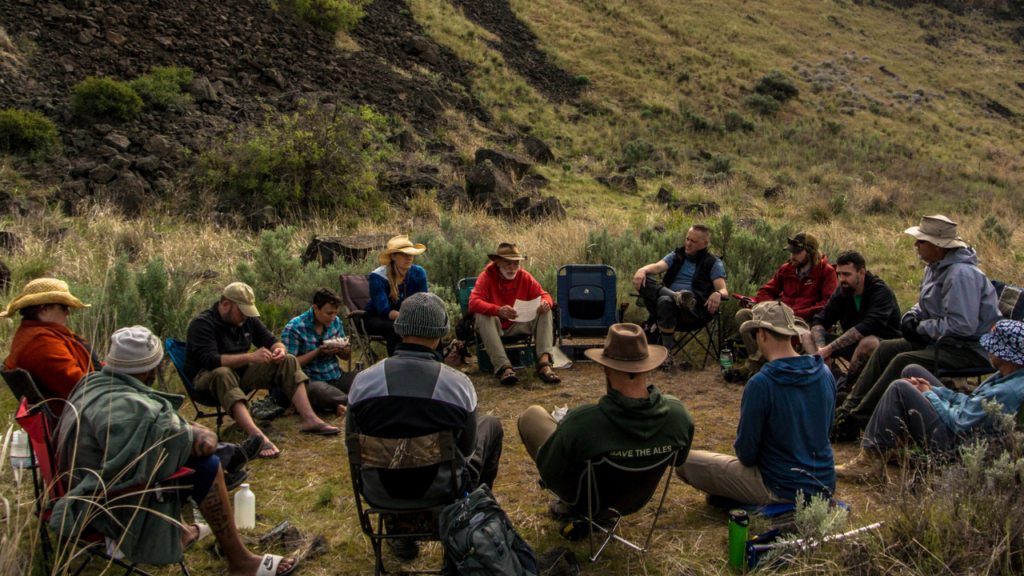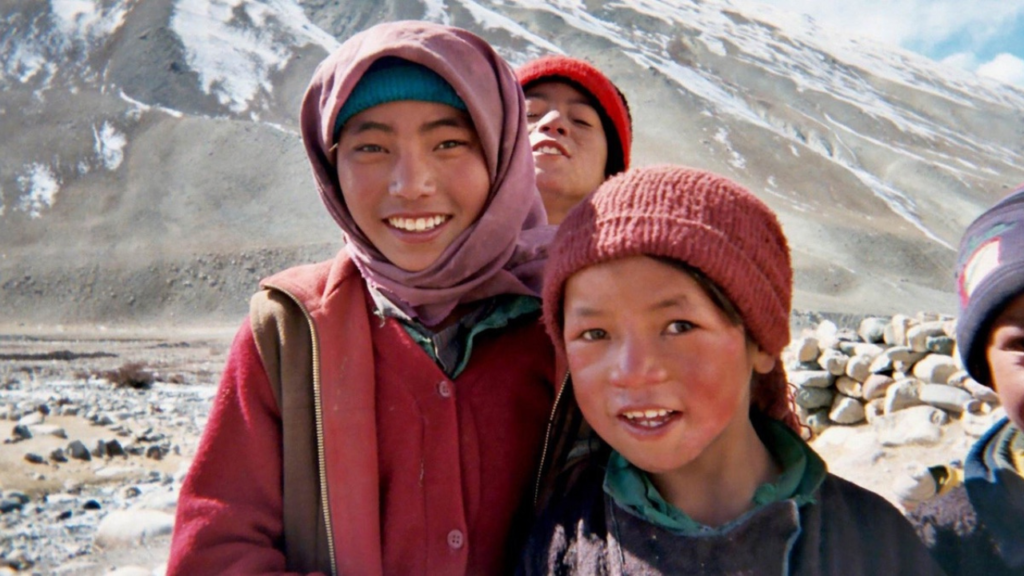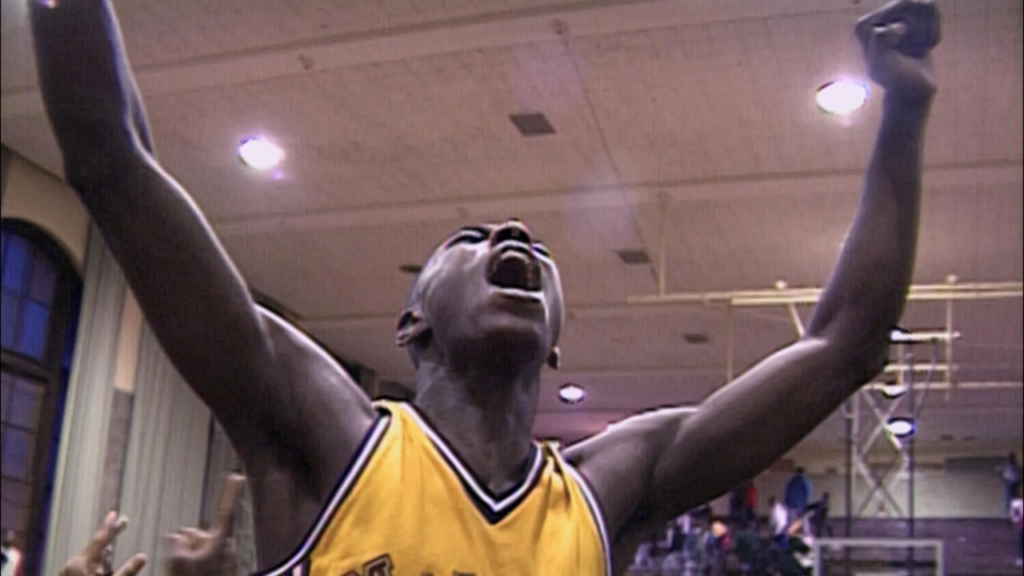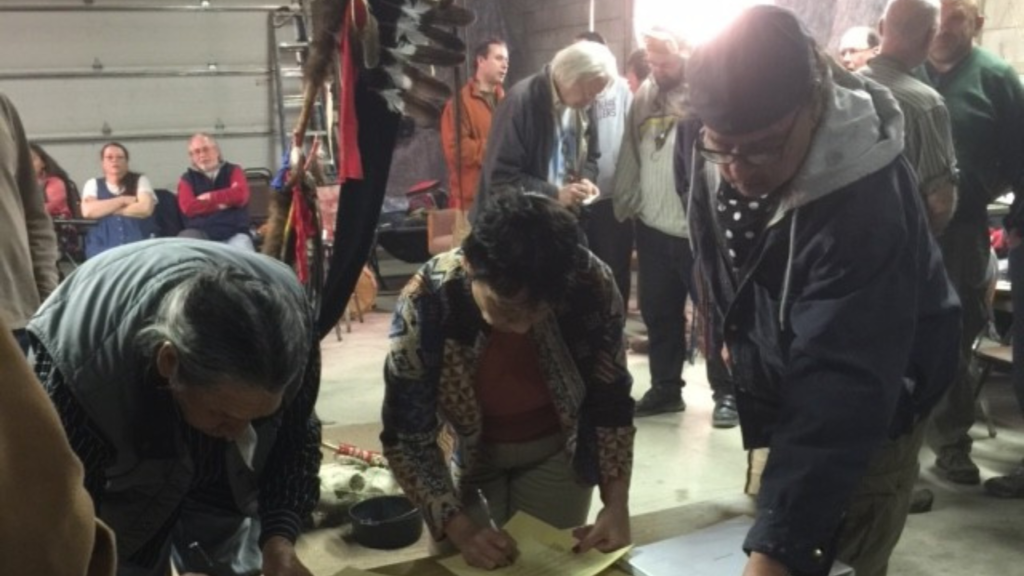Whether you’re making your first film or you’re a seasoned creator, here’s an updated checklist every filmmaker should follow before starting their next project in 2024.

Why are you making it?
Get very clear, very early, on why you’re making your film. Passion is a given; you’ve got to have plenty to sustain you. If you don’t feel like you’re going to die if you don’t make this film, don’t start. Making any film can be a trial. Get very clear on what its end use is: a trailer for a longer piece? An experiment to see if your idea will work? A sample piece to get you into film school? Something to entertain friends and family? If “making money” shows up in any of your answers, don’t start. Learn coding instead. But quickly, before AI takes that over too.

What kind of film is it?
Animation, experimental, documentary, fiction, or hybrid? Though in today’s cultural climate it’s not very sexy to make an experimental film it can teach you more about filmmaking than any other genre. My first film was an experimental “found footage” film where I didn’t shoot a thing. That film taught me how to edit anything, including all the other types of films. And if you can edit well you can be a filmmaker.

Length of Film?
Are you making a short or a feature? Even a low budget short can take over a year to make. Be prepared to put as much other work as possible on the back burner and focus on this one project. Start humbly. It’s much better to set out making a short and have the material scream at you that it must become a feature (which is what happened with Hoop Dreams) rather than start to make a feature and realize too late you don’t have the skills, talent, or budget, and that your film really needs to be a short.

Budget?
Budget in four distinct categories:
- Pre-production
- Production
- Post-production
- Promotion and distribution (If that’s in the forecast)
Beware the digital shooting trap: everything’s so cheap why not shoot with 2 cameras? 3? 4? Remember that every hour you shoot will require roughly ten hours of time in post for cataloging, logging, and transcribing. When I see multiple cameras on a shoot it often confirms for me that the director doesn’t know what s/he is doing. If you don’t know upfront with absolute clarity and brevity what your story is then yes, “you can find the story in post.” Sometimes. But it’ll take a lot more time.
Remember: all the technical skills in the world won’t make you a filmmaker. You have to be a storyteller. You can learn that. Mastering editing helps. But at some level storytelling has got to be in your bones.


